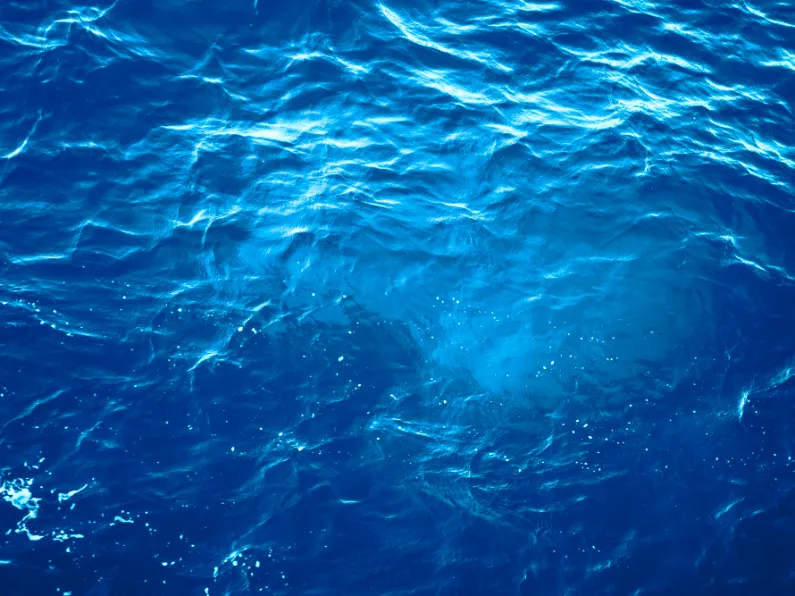Children spending time on the beach or around rivers can have significant benefits for their mental health as adults, according to a study.
The research found that kids who recalled childhood experiences in blue spaces, such as coasts, rivers and lakes, placed greater value on natural settings and revisited them as adults.
More than 15,000 participants across 18 countries were surveyed for the study, which was published in the Journal of Environmental Psychology by researchers at the University of Exeter.
Blue spaces
Respondents were asked to recall their experiences with blue spaces between the ages of 0 and 16 years, including:
- How often they visited such spaces
- How local they were
- How comfortable their parents/guardians were about allowing them to swim and play in these settings.
They were also asked to quantify their recent contact with green and blue spaces over the previous four weeks, as well as the status of their mental health during the previous two weeks.
Joy of nature
The study's lead author, Valeria Vitale - a PhD candidate at Sapienza University of Rome - said their findings suggest that "building familiarity and confidence in and around blue spaces during childhood may stimulate an inherent joy of nature".
Co-author of the study, Dr Leanne Martin, said that while water settings "can be dangerous for children", their research suggested they would benefit more if they were supported to feel comfortable in these settings.
"Developing skills, such as swimming, at an early age can have previously unrecognised life-long benefits," she said.
Water safety
Dr Mathew White, co-author and senior scientist at the University of Vienna, said these studies highlight the need for urban planners and local bodies "to provide safe, accessible access to natural settings" for the mental and physical development of children.
"Further work, policies and initiatives encouraging more blue-space experiences during childhood may be a viable way to support the mental health of future generations," he said.









